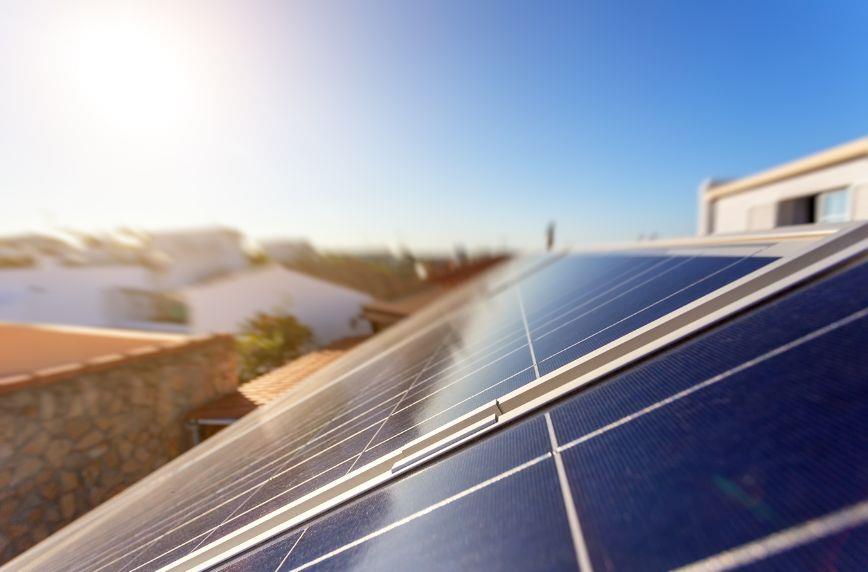Understanding how to tell if your roof can support solar panels is a critical first step for homeowners considering a shift toward this sustainable energy source. Learn more about the steps to take before deciding to install solar panels on your home.
Roof Age and Condition
Solar panels are a long-term investment, typically lasting 25–30 years, so it's crucial to ensure your roof is in good condition before installation. A roof that's less than 10 years old and shows no signs of damage or wear is usually a good candidate for this installation. If your roof is older or shows signs of deterioration, you might need to consider repair or replacement before installing solar panels.
Structural Considerations
Before installing solar panels, it's vital to ensure your roof can handle the additional weight. Although solar panels aren't excessively heavy—usually clocking in around 3 pounds per square foot—they can put stress on weak or damaged roofs. But remember to consider the weight of snowfall in your calculations, too, if you live in an area that receives substantial snow in the winter.
To confirm your roof's structural integrity, consider getting an evaluation from an unbiased third-party structural engineer or roof inspector. These professionals can provide a detailed assessment and offer recommendations based on their findings but have no incentive to sell you roof repairs or upgrades.
Also, seek opinions from experienced solar panel installation companies. They have the expertise to evaluate your roof and can provide valuable insights into its suitability for solar panels.
Slope and Sunshine
The slope of your roof and the number of hours per day it is exposed to sunlight are also key considerations. For optimal efficiency, solar panels should face south and be installed on a roof slope between 15 and 40 degrees. Moreover, your roof should be free from shading caused by trees, nearby buildings, or other obstructions for most of the day.
Roofing Materials
Certain roofing materials are better suited to handle solar panels and can play a significant role in determining if your roof can support solar panel installation. Durable materials like metal, asphalt shingles, and concrete tile are typically good candidates for solar panel installation. On the other hand, materials like wood shake or slate may require additional considerations due to their fragility.
Knowing how to determine if your roof can support solar panels is the first step toward installing this sustainable energy source that benefits both you and the environment. By taking the above factors into account, you can make an informed decision about your home's suitability for solar energy.
In Conclusion:
Figuring out if your roof can hold solar panels means checking how old it is, if it's in good shape if it's strong, how steep it is, how much sun it gets, and what it's made of. Making sure your roof is prepared for this eco-friendly upgrade involves talking to experts and thinking about everything before you make a decision. Get your home ready to use solar energy with confidence.
Are You a Professional?
Requests for your services are coming in left and right. Let’s connect and grow your business, together.


